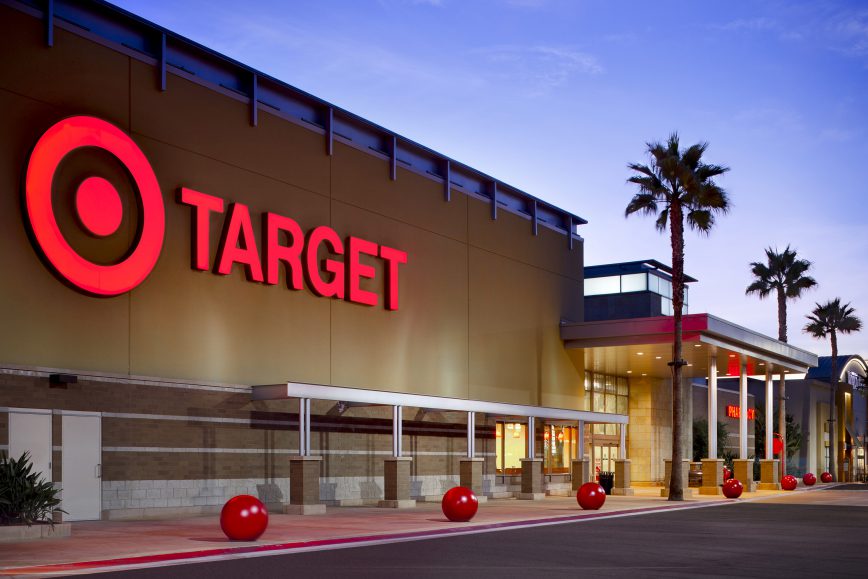Breaking into a corporate retailer can be a game-changing turning point for your business.
Blood, sweat, and tears are often shed while developing your product and getting it to market. At last, you have your chance to sell volume. Before you start ordering single malt whiskeys (We like Balvenie 50-Year-Old Single Malt Scotch Whisky, fetching a healthy $50,000 a bottle – smooth as silk if we imagined how it tastes.), remember there are big challenges when working with larger corporates.
It is vital to understand the cost of manufacturing and fulfilment when delivering your product at scale to large retailers.
To avoid being overwhelmed by costs, it’s important to perform a detailed cost analysis and never forget to factor in a financing cost assumption.
What are the cash flow headaches caused by corporate retailers?
Payment terms certainly vary depending on the retailer, and it’s common for retailers to have payment terms from delivery ranging from 30 to 120 days. Let’s face it, your retailer has the buying power and you probably will not be able to negotiate the terms unless you have a very unique product they demand.
Stretched terms are common and everyone tackles the payment gap differently. It often causes a serious cash flow problem if your company does not have the resources to cover expenses (cost of goods, payroll, rent, etc.) for 30 to 90 days of production or delivery of goods and then awaiting payment from the large retailer.
Suppliers often face a problem fulfilling the large purchase orders presented from retailers – when they want your stock, you simply must deliver or lose the contract.
If your capital is tied up in other inventory or receivables or if your company simply doesn’t have the financial resources to fulfil a large order, you may lose the business opportunity and possibly lose the customer as well.
Purchase Order Financing can bail you out
To make good on large purchase orders from a retailer, you will need funding that is not dependent on your balance sheet or property assets.
Purchase orders can be used as a form of collateral to raise funding to pay your supplier and even fund some production aspects (deposits). It’s a healthy alternative to locking up property or worse, selling expensive equity.
Selling equity to fund orders is possibly the most expensive form of funding your growth – period.
After your retailer has given you a large purchase order, the funder will verify the order and provide financing to cover 100% of your inventory cost. Funders offer many unique add-ons including issuing letters of credit to your suppliers or funding cash payments to the manufacturer on your behalf.
Funders can also fund orders if you are the manufacturer selling directly to retailers. When the goods that you’re selling are ready, they are delivered to your customer to complete the sale, repaying funds provided to get the goods “sale ready” and delivered.
Your customers that owe payment on receivables following delivery can remit payment to the purchase order finance provider or your existing lender can advance against the receivable and repay your purchase order funder. You’re simply remitted any additional funds from sales for working capital (your profits).
There’s nothing more satisfying than seeing your product and passion on the shelves when you visit the retailers without having to go into debt or give up precious equity in your baby.
See if Stak can fund your purchase orders
. . .
We regularly share our thoughts on trade finance, lending, company culture, product strategy and design.
Stak works with clients that sell to some of the largest buyers in Australia & overseas.


